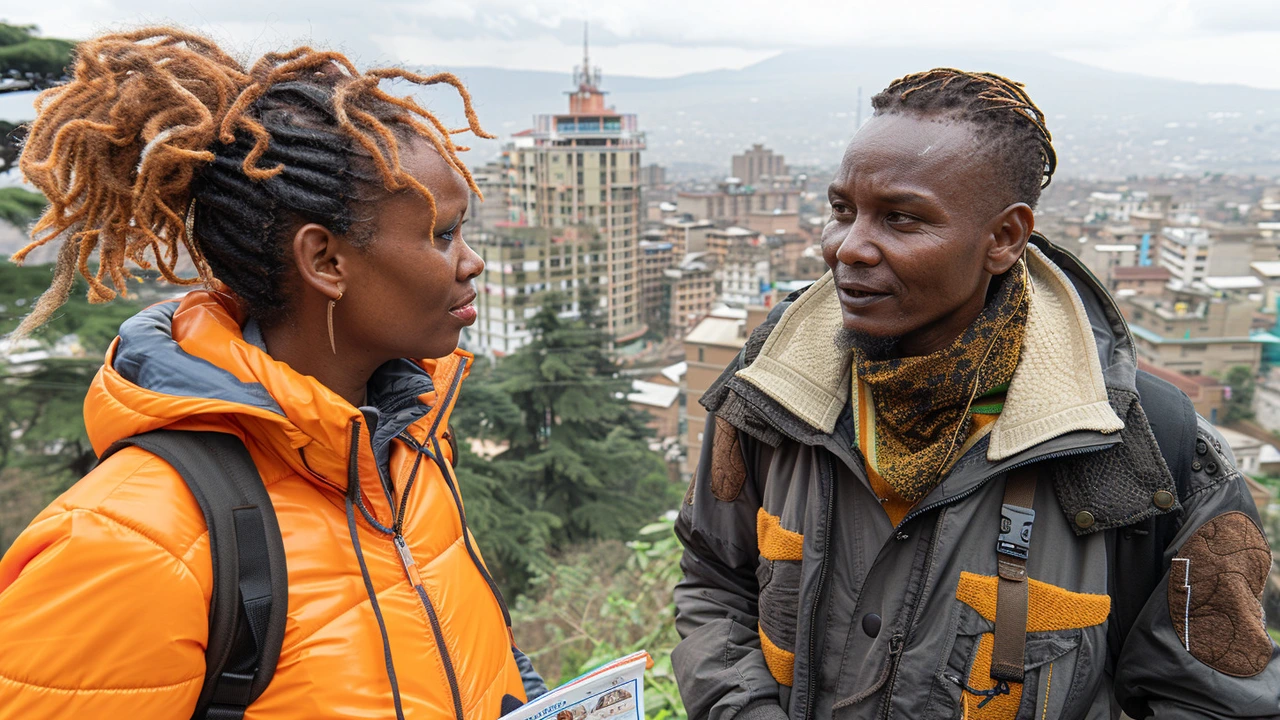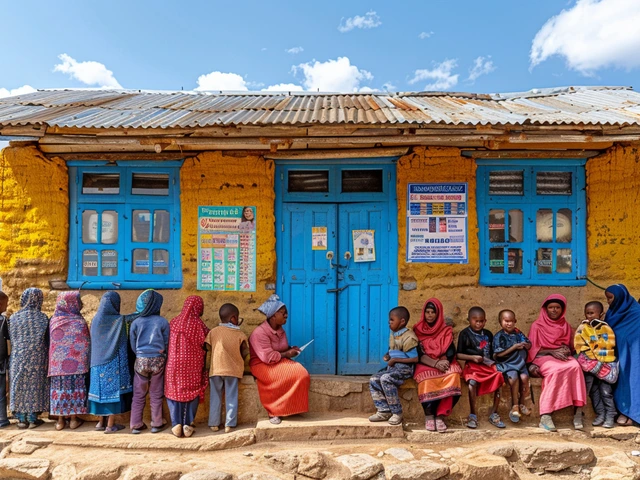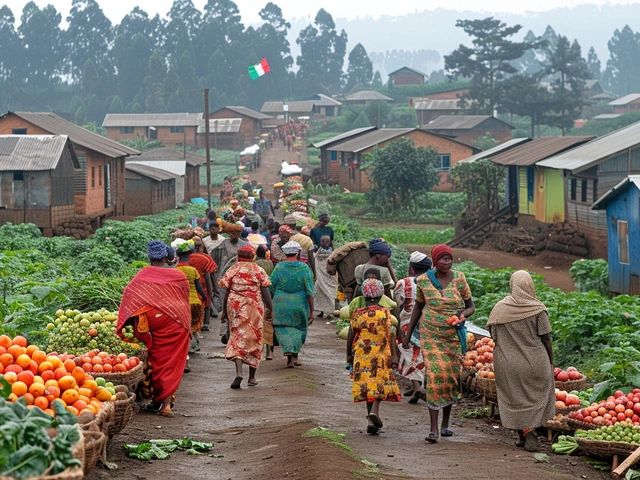Everything You Should Know About Apartments and Housing in Ethiopia
Thinking about renting an apartment in Ethiopia? The rental scene is different from what you'd find in Western countries. Prices can swing a lot based on city, neighborhood, and the type of apartment you’re looking for. In places like Addis Ababa, expect rent to be higher, especially in central or popular areas. On the flip side, regional cities or outskirts offer way more affordability, but with fewer amenities.
The average cost for a modest one-bedroom apartment in Addis Ababa might range anywhere from 6,000 to 12,000 ETB per month. This gets you a basic space – think functional, not fancy. If you want modern condos or furnished places, be ready to pay much more. Local advice? Always check if utilities are included in rent. Sometimes landlords will include water, but electricity is usually your responsibility.
Don’t assume you'll get a Western-style kitchen or reliable hot water in every apartment. Traditional Ethiopian homes can be pretty simple, and lots of locals make do without all the bells and whistles. New construction and higher-end places will have more amenities, but at a premium. Looking outside the capital? Smaller cities often offer larger spaces for less money, but the trade-off is fewer entertainment options and maybe longer transit times to jobs or schools.
So, what should you look for when renting in Ethiopia? Start by thinking about location: do you need to be close to work, markets, or busy streets? Areas like Bole or Kazanchis in Addis are popular but pricey, while places further out are quieter and cheaper. Always visit the apartment in person if you can – photos don’t always match reality, and things like water pressure or the condition of the building matter in daily life.
Deposits and rent payments work a bit differently here. Landlords often ask for several months’ rent upfront, sometimes up to six months. Bargaining isn’t unusual, so don’t be shy about negotiating for a better deal or a discount if you pay extra months in advance. If you’re dealing with agents, be clear about their fees upfront since these can add up fast.
Public and shared housing options do exist, especially for students or people on tight budgets, but privacy and comfort are limited. On the other hand, expats or higher earners often go for serviced apartments, which bundle cleaning, security, and even internet for a higher price.
Don’t forget safety: gated compounds and 24/7 security are the norm in higher-end residences and are worth paying for in busier city areas. Talk to neighbors about noise, water supply, and power cuts, as these can make or break your experience.
Bottom line, whether you’re moving for work, study, or investment, take time to research, budget realistically, and ask plenty of questions. Ethiopia’s housing market is unique but manageable when you know what to expect and understand your priorities.





